New Home Sales Plunge 67% From November
In December 2023, the Greater Toronto Area (GTA) witnessed a slowdown in new home sales, marking a continuation of the year-long sluggish trend. With only 554 new homes sold, this figure represented a 67% decline from the November sales, revealing a hesitant market grappling with the impact of various factors.
The Building Industry and Land Development Association (BILD) reported this decline, highlighting that the sales growth from December 2022 was marginal at 0.5%. This meager improvement, coupled with being 67% below the 10-year average, paints a picture of a real estate landscape that buyers and builders approached cautiously in the final month of the year.
Edward Jegg, Research Manager at Altus Group, expressed the sentiment, stating, "Both new home buyers and builders remained on the sidelines in December, lacking the confidence to re-engage." This hesitancy, he predicts, might persist, casting doubt on a significant uptick in the first half of 2024.
Breaking down the sales, condominium apartments took the lead, accounting for 400 units sold in December. However, this number represented a 2% annual dip and a substantial 66% below the 10-year average. The condominium market faced a monthly decline of 69%, reflecting the overall cautious sentiment in the market.
In contrast, single-family home sales, including detached, linked, semi-detached houses, and townhouses, experienced a 6% increase year-over-year. Nevertheless, the sales remained 70% below the 10-year average, showcasing the broader trend of subdued market activity.
Justin Sherwood, SVP Communications & Stakeholder Relations at BILD, shed light on the prevailing market dynamics, stating, "With current interest rates, we are experiencing a hurry-up-and-wait sales environment as potential buyers sit on the sidelines." This observation underscores the impact of external factors, particularly interest rates, influencing buyer behavior.
Looking beyond the immediate sales data, Sherwood cautioned about the potential future repercussions, emphasizing the lag between pre-construction sales and housing starts. "Given that housing starts lag pre-construction sales by as much as two years," he noted, "we can expect that the low level of sales in 2023 will result in lower housing starts in the future."
Indeed, this prediction is already manifesting in the declining pace of housing starts in the GTA, hinting at a potential decrease in housing supply in the near future. This scenario poses a challenge to the real estate market, aggravating the existing housing crisis just as the demand for new homes is on the rise.
As starts slow down, the total remaining inventory of new homes saw a dip for a second consecutive month, reaching 20,252 units. Comprising 16,850 condominium apartments and 3,402 single-family homes, this inventory reflects a combined level of nine and a half months, based on average sales over the past year. Notably, this is the highest inventory level since 2015, but the increase doesn't necessarily translate to a boost in supply, as builders added very little to the market in terms of new projects in December.
Benchmark prices, a key indicator of market health, showed a mixed picture. In December, the benchmark price for new condominium apartments was $1,047,288, down 7.5% over the last 12 months. Similarly, the benchmark price for new single-family homes was $1,604,977, reflecting an 8.5% decrease over the same period.
The sluggish new home sales in the GTA during December 2023, influenced by factors such as interest rates and buyer hesitancy, set the stage for potential challenges in housing starts and supply in the coming years. As the market navigates this delicate balance between demand and inventory, stakeholders must closely monitor evolving trends to make informed decisions in this dynamic real estate landscape.
Thinking about selling your home?
Get in touch. We'll guide you through every step of the process to ensure a smooth transaction that meets your goals.




